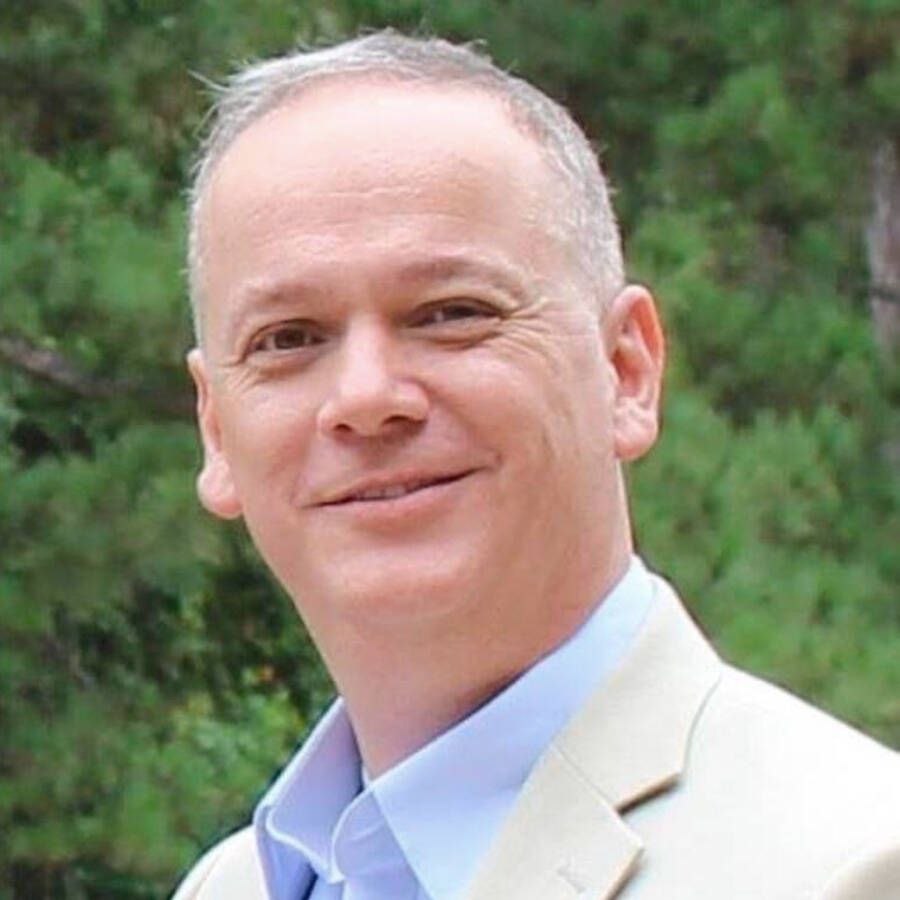Chaplaincy is one of the fastest-growing and most challenging fields of Christian service. Chaplains serve on the front lines of ministry, offering counsel and comfort from the Scriptures to people enduring crises like illness, grief, trauma, and moral dilemmas. In the Great Commission, Christ commanded his disciples to “Go into all the world and preach the gospel to every creature” (Mk 16:15). Chaplains fulfill that mandate today by laboring outside the boundaries of the traditional church to men and women who might otherwise never visit a house of worship. It is a specialized ministry that strikes a delicate balance between reaching the lost and strengthening believers found in places like hospitals, the military, or prisons, where they may not have the opportunity to attend church. Chaplains go into these institutions as salt & light (Matt 5:12-14) and serve as witnesses to the gospel through their words and presence.
We live in a post-Christian culture where so many have no significant exposure to the faith at all. By going out and encountering the religiously unaffiliated in the workplace, medical center, or military, chaplains often find themselves as the only contact that many people have with a Christian minister. That’s what makes this specialized calling so exciting. It is not unusual for a chaplain to meaningfully interact with more non-Christians in a single week than many traditional pastors do all year! And it’s the physical presence of chaplains that frequently serves to counter the often unflattering picture painted by the world of who Christians are and what our faith is all about. Then there are the lost sheep, the lapsed and backslidden Christians who have left the church. Frequently, it’s a chaplain who finds them and reaches them once again with the gospel. All of this points to an incredible role for chaplains in an important ministry of witness to the world.
Then there are the lost sheep, the lapsed and backslidden Christians who have left the church. Frequently, it’s a chaplain who finds them and reaches them once again with the gospel.
In addition to the lost, chaplains also find themselves serving those who are spiritually adrift. With church membership and affiliation on the decline, there are countless believers out there with no church connection. So many are in between churches or looking for a spiritual home. Chaplains are often a bridge that reconnects them to church. Then there are the curious and the inquirers: those who are investigating the faith and have questions. Most encouraging is the one-on-one ministry: the discipleship and spiritual growth that chaplains facilitate with countless believers from across the denominational spectrum at varying stages of maturity. Truly, spiritual formation and discipleship are central to what chaplaincy is all about.
That’s why I’m grateful for Trinity’s MA in Chaplaincy and Ministry Care program. It focuses on preparing our students for this kind of specialized ministry beyond the typical limits of the church. Service in a secular organization is a far cry from pastoring a local congregation. We teach our students how to remain faithful to Christ while ministering in these religiously plural institutions. We teach them how to pursue the abundant opportunities that exist in healthcare, sports, military, prison, corporate chaplaincies, and among 1st responders. It’s always a joy to see students launch into ministry careers following training here at Trinity. I think of Karis, who, following our chaplaincy course, found herself ministering in the fast-paced, high-pressure world of a Level 1 Trauma Center nearby. Then there was Paul, who landed a residency in medical ministry, and Molly, who answered a call to corporate chaplaincy in Birmingham. This just scratches the surface. If you’re ready to train for a ministry of witness, care, counseling, and formation, please give Trinity’s MA in Chaplaincy and Ministry Care a close look. I’d love to help you get started.



